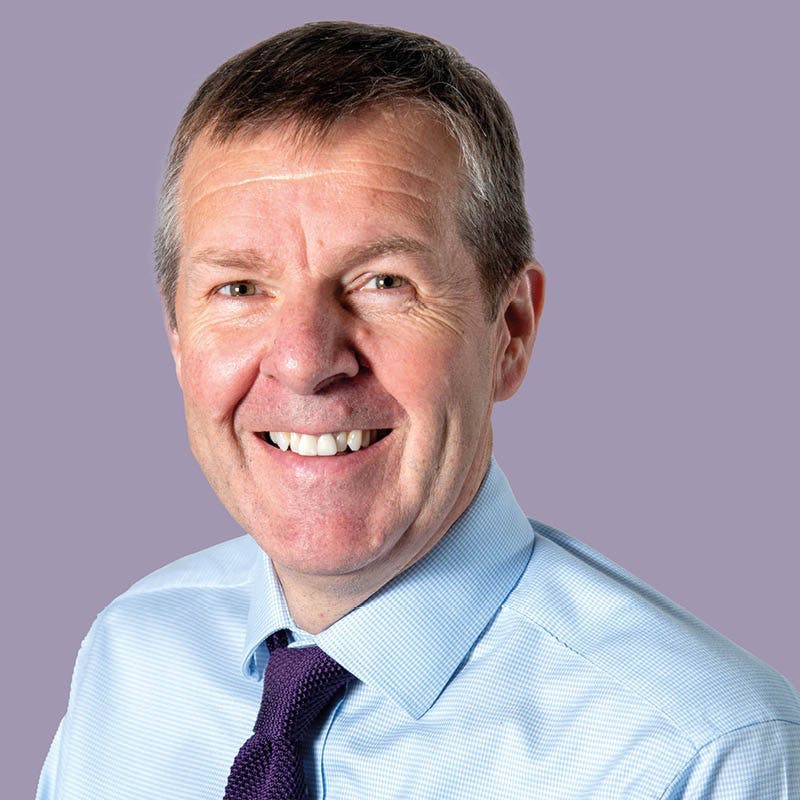The Church of England's General Synod and the ongoing safeguarding debate
By David Greenwood
The Church of England's General Synod in York this week voted against full independence in its safeguarding operations, a decision that was anticipated by many. This outcome raises questions about why a major institution would resist relinquishing control over one of its most critical and sensitive responsibilities to external experts.

Some bishops and clergy argue that they can manage these responsibilities better than any outsider. Alternatively, there may be a desire to contain the growing number of allegations of sexual impropriety that have plagued the church for decades. The church’s autonomy under canon law also means it cannot be compelled to change its rules, giving it a significant advantage in maintaining the status quo.
In response to these longstanding issues, the Archbishops of Canterbury and York commissioned Professor Alexis Jay and her team to gather insights from a diverse group of clergy and survivors. Professor Jay’s comprehensive evaluation led to a recommendation for complete operational and supervisory independence in safeguarding. However, the Synod pre-emptively devised a plan in February 2024, forming a Response Group to counter these recommendations.
This Response Group predominantly consulted clergy on Professor Jay’s proposals. Unsurprisingly, the majority of feedback supported maintaining current practices. The Response Group went further by developing a counter-narrative and suggesting alternatives, which were discussed at the July General Synod in York. The debate continued to favour existing safeguarding arrangements, which have been criticised for fostering close personal ties and prioritising the church’s reputation, often resulting in poor decisions and even cover-ups.
David Greenwood of Switalskis Solicitors, Matthew Ineson (a survivor of clergy abuse), and another anonymous female survivor actively protested, distributing leaflets and urging Synod members to adopt Professor Jay’s recommendations immediately. While many delegates expressed support in person, some avoided engaging with the campaigners altogether.
The decision has effectively delayed any substantial change, with the Synod not only disbanding the Independent Safeguarding Board but also stalling what many see as the best opportunity for significant safeguarding improvements.
Campaigners remain undeterred and will continue advocating for the full implementation of Professor Jay’s report at the next General Synod in London in February 2025.
Find out how Switalskis specialist abuse lawyers can help you
If you or someone you know has experienced child abuse by a church leader or member, it’s important to remember that you’re not alone and help is available. At Switalskis, we’re committed to providing the expert, compassionate support you need.
Reach out to us for a confidential, no-obligation chat by calling us on 0800 138 0458 or email help@switalskis.com.
Find out how Switalskis can help you
Call Switalskis today on 0800 1380 458 . Alternatively, contact us through the website to learn more.



